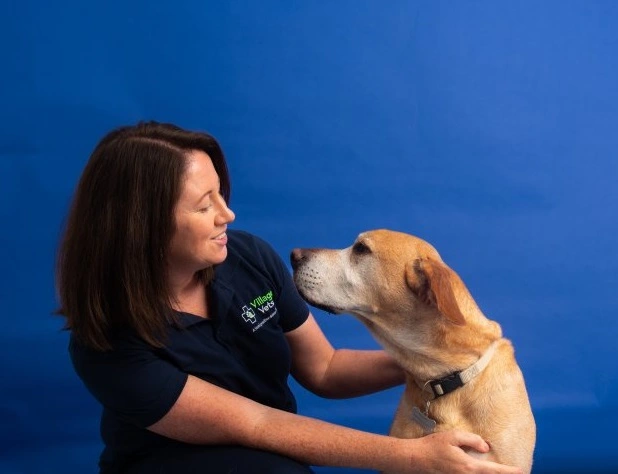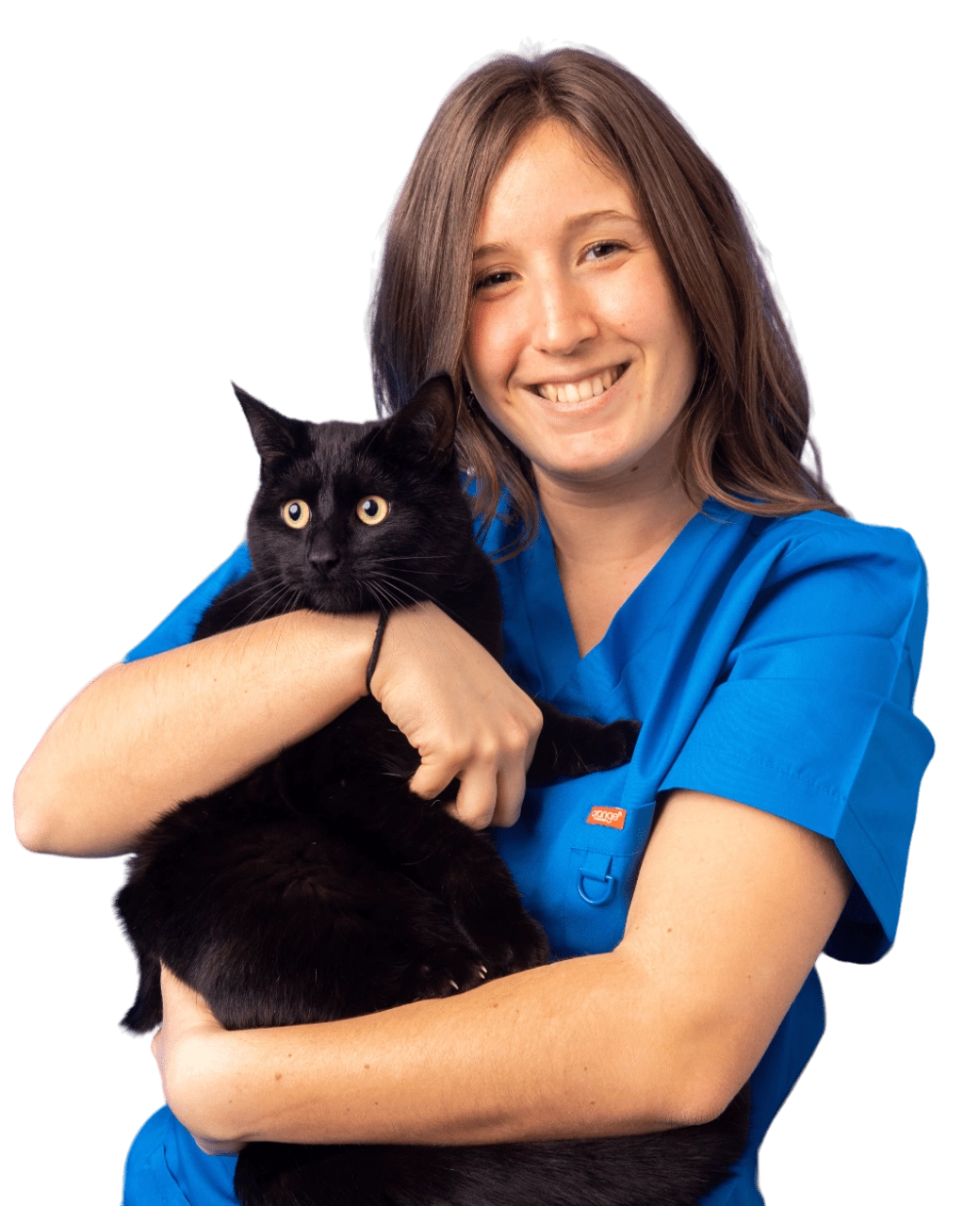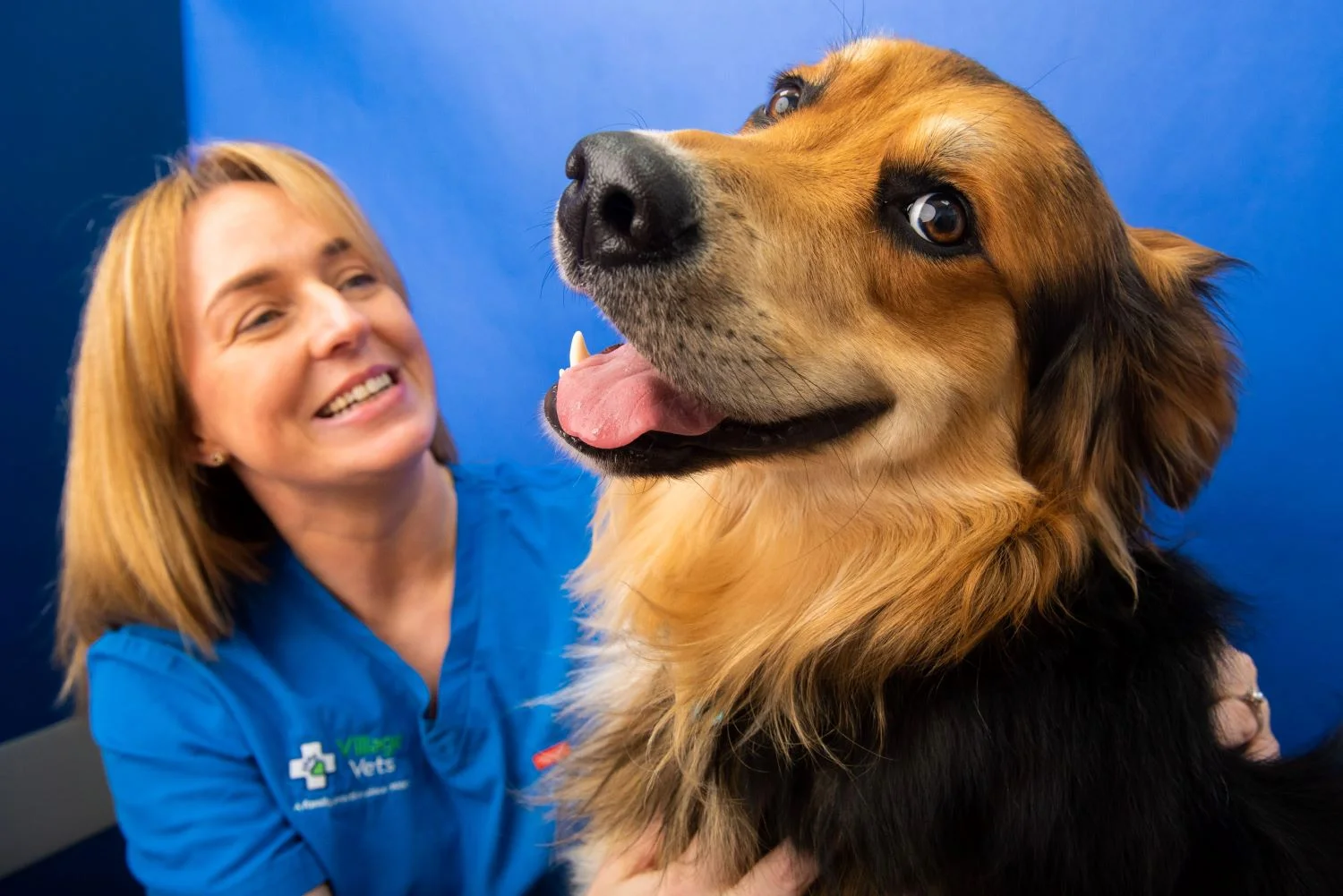Spaying (for females) and neutering (for males) are essential procedures that contribute to your pet’s overall health and happiness, while also reducing the number of unwanted animals in our communities. We understand that deciding to spay or neuter can feel daunting, and we are here to offer clear guidance, support, and a high standard of veterinary care.
The benefits of spaying and neutering are wide-ranging. In females, spaying reduces the risk of serious conditions such as uterine infections and mammary tumors. In males, neutering helps prevent testicular cancer and lowers the risk of prostate-related issues.
Beyond health advantages, neutering can improve undesirable behaviors in males, such as aggression, roaming, and territorial marking. Spaying eliminates heat cycles in females, reducing stress and making cohabitation more peaceful for everyone involved.
By preventing unplanned litters, spaying and neutering also play a critical role in controlling the pet population. This helps relieve the burden on animal shelters and rescues, ensuring fewer animals face the challenges of abandonment or homelessness.
We prioritise your pet’s safety and comfort. Before the procedure, our veterinary team performs a pre-anaesthetic assessment, which may include blood tests, to confirm that your pet is in good health.
During surgery, state-of-the-art monitoring equipment and experienced veterinary professionals work together to ensure your companion remains safe, comfortable, and pain-free.
Many pet owners have questions about timing, the impact on personality, and pain management. Every pet is unique, and we’re committed to tailoring the procedure to your pet’s needs. We also offer a free pre-neuter check, where we discuss the ideal timing, address your concerns, and explain the full process.
With proper anaesthesia and pain relief, your pet will experience minimal discomfort, typically recovering at home the same day. Neutering and spaying are routine surgeries that can significantly benefit your furry family member’s quality of life.
Reach out to Village Vets to learn more, book a pre-neuter check, and make an informed decision about what is best for your pet. Members of the Pet Health Plan enjoy a 10% discount on neutering. We happily accept referrals from other clinic for the service.








